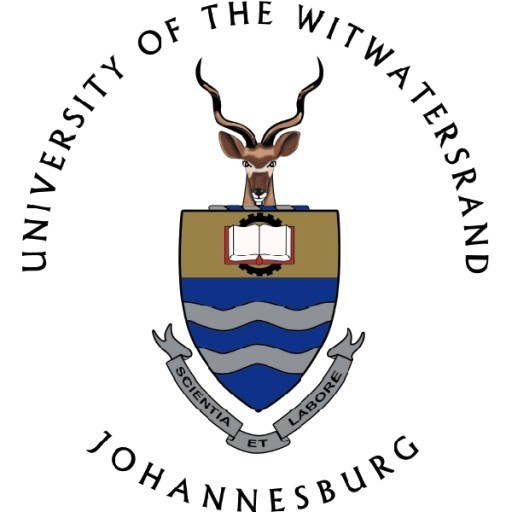Photos of university / #universityofwarwick
The Sociology PhD spans a diverse range of areas reflecting the strengths of our staff, graduate students and courses. These include strong clusters in: gender, sexuality and women’s studies; health and illness; visual sociology; traditional media forms and new social media; the sociology of science; body and society; bioethics and bio-power; postcolonialism; politics and political cultures; mourning and the sociology of death and dying; racism and ethnicity; and social and political thought.
Year 1
Your first year lays the foundation for your research. You will take research training modules in autumn and spring terms. These will help you develop your research proposal, the strategy you propose to adopt, and the research questions which will guide your doctoral research.
At the end of the year, you will submit your upgrade documents that detail your progress. These will be used to determine whether you are ready to upgrade from MPhil to a full PhD.
Year 2
Many candidates use part or all of the second year to conduct fieldwork elsewhere in the UK or abroad, digging into the heart of their research. The second year culminates with a review of your progress, on which your supervisor(s) will write an end-of-year report.
Year 3
While you should be in the habit of writing from day one, the process of tying your thesis together and finalising it for submission begins in earnest during year 3 and normally continues into the first part of year 4. The review process, as in year 2, involves a supervisor-written report on your progress.
Year 4
Although you should aim to finish in year 3, realistically most students submit their thesis in year 4. The University does not normally allow an extension beyond year 4.
Submission and the viva
You should aim to submit your finished thesis in the first 6 months of your fourth year. After you submit, you will defend your thesis in front of internal and external examiners as your final assessment for the degree (the viva).
*Full-time students are registered for four years initially, the fourth year being a writing-up period not subject to fees; part-time students are initially registered for five years. Part time students will usually submit upgrade documents in the summer term of the 2nd year.
- A Masters level degree in Sociology or a closely related subject; however, all serious applications will be considered. You should include both your undergraduate and postgraduate transcripts with your application materials. Warwick's International Office provides guidelines for how overseas qualifications equate to UK ones; this guidance is for information only and all applications and transcripts are considered on a case-by-case basis. However, this page will give you an idea of where your degree falls on the British scale.
- A strong research proposal, uploaded with your application as a pdf or Word document.
- Two good academic references; if you include your referees' email addresses on your application, they will receive an automatic email asking them to upload the reference, so you do not need to supply the reference letters yourself in the first instance - just supply the relevant contact details.
Please note that if you have been in education within five years before your start date, then your references must be academic and not professional/personal. - An indication of who you would like to supervise your project.
- If English is not your first language, you must have an IELTS score of 7.0 with no more than two components at 6.5 or 6.0, or other accepted language test. If you are unsure whether your nationality requires a language certificate, or if your previous education was in English, contact Melissa Venables to see if this requirement can be waived. Please also note that taking a pre-sessional English course at Warwick or elsewhere is not sufficient to replace an IELTS score at the required level.
In addition, you may wish to include your academic CV with your application materials. Once you have submitted your application online, you will receive a link to a secure upload page where you can submit supporting documents such as your transcripts and research proposal. Please note that while a writing sample is not normally required for PhD applicants, we may require one at the Director of Graduate Studies' discretion; if this is the case, we will contact you after you've submitted your application.
Once you have identified a supervisor, finalised your research proposal, made contact with your referees, and collected your other supporting documents, you will be ready to submit your application. This is done online through Warwick's Postgraduate Application System.
Scholarships
- Chancellor's International Scholarships










